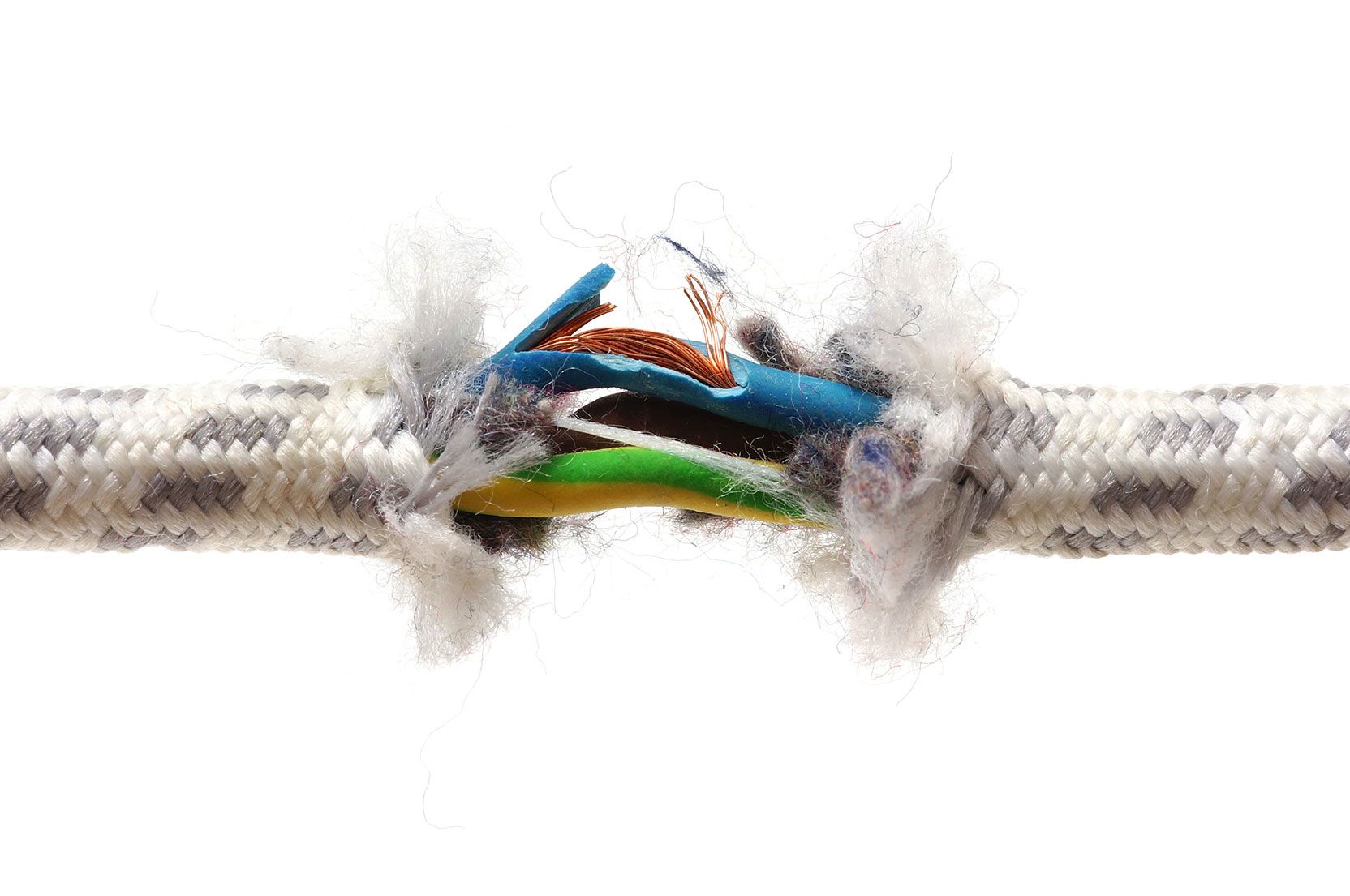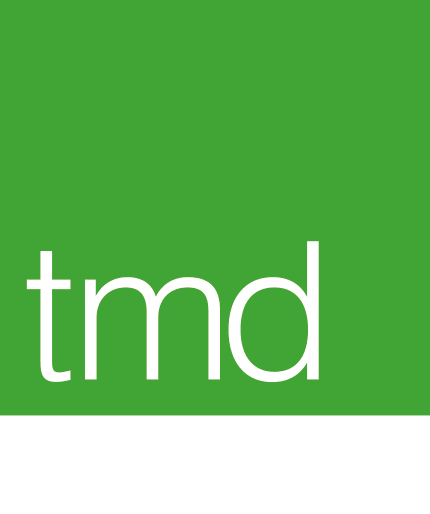How would you handle a product recall?

Product recall cannot only be costly for your business, but it could also threaten your reputation.
Do not wait until it is too late - think now about how you would manage a recall.
Legislation introduced in 2005 makes manufacturers responsible for ensuring the safety of the product they supply. Guidance provided by Trading Standards and on gov.uk states clearly that producers ‘must be able to respond effectively if a problem with the safety of a consumer product is identified’.
A product recall is a request to return a specific product after safety issues or product defects have been identified that may endanger the consumer or put the maker/seller at risk of legal action. Over the last couple of years, product recalls have risen by nearly 50%, increasing from 388 in 2014/15 to 575 in 2015/16.
This was primarily due to new EU legislation requiring all food labels to display information on 14 different allergens: Lidl was forced to recall its ‘Alesto Honey Peanuts’ because ‘peanut’ was not declared in English on certain packets, and Tesco removed its ‘Multi Seeded Bloomer’ because the packaging did not specify that the loaf contained sesame seeds.
The cost of recalling a product can be significant, involving advertising, transportation and destruction of products and associated legal fees. But it would seem that manufacturers are also aware of the reputational damage that can be caused and are keen to be seen recalling potentially harmful products immediately.
In incidents such as these costs can quickly spiral. The benefit of the product recall cover is to help defray and cover these costs.
In June 2017, Mars recalled batches of Galaxy chocolate bars, packets of Minstrels and Maltesers across the UK and Ireland, following a risk of salmonella; and in September 2017, Brompton recalled nearly 150,000 folding bicycles over an axle fault. Just recently, Marks & Spencer, Aldi and Lidl suspended buying chicken from 2 Sisters Food Group’s West Bromwich plant after an undercover television investigation found evidence it had tampered with food safety records.
Over the last five years, the Driver and Vehicle Standards Agency (DVSA) have overseen 1,484 individual recall cases, involving more than nine million vehicles. Effective traceability means it is now possible to identify exactly where the problem originated, putting businesses within the supply chain at risk. While larger car manufacturers have the resources to weather the storm, smaller companies may struggle.
Reputational damage is now one of the top five business concerns. This has been fuelled by the increase in social media which enables ‘bad’ news to spread very quickly. The need to comply with the numerous changes in legislation for all types of company, irrelevant of size and sector, means Product Recall is now an essential cover to consider.
It does not matter where you are in the supply chain, you could be affected. As well as the direct product issues you may have to deal with, you could also be exposed to a subsequent loss of profit, legal expenses and other costs to cover public relations and crisis management.
Product recall has a large and varied number of risks associated with it. To counter these, there is a wide range of insurance products available. Please talk to us about how susceptible you could be to a product recall claim, so we can discuss the most appropriate product for your business and ensure you are adequately covered.

